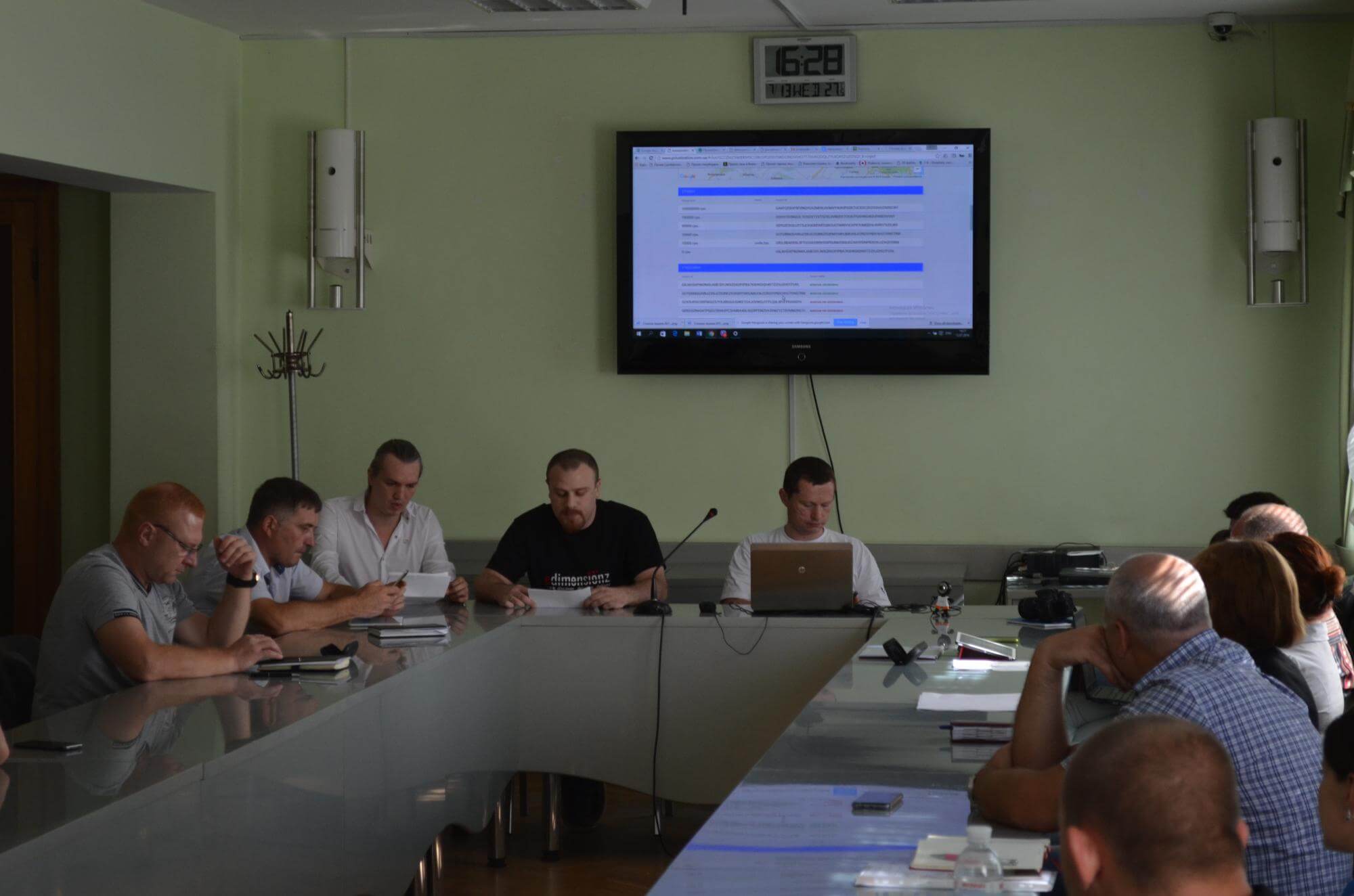Search engine optimization (SEO) is a critical aspect of digital marketing that helps businesses get discovered by potential customers through search engine results. Blogging is a powerful tool for boosting your website's search engine rankings and attracting more organic traffic to your website.
How Blogging Can Boost Your SEO
Blogging is a powerful tool for improving a website's search engine rankings. By creating high-quality, relevant, and engaging content through blog posts, businesses can provide value to their website visitors and search engines alike.
Search engines like Google see blog content as fresh and relevant, making it a key factor in determining a website's ranking. By consistently producing blog content with targeted keywords and internal linking, businesses can improve their website's visibility on search engine results pages and attract more organic traffic.
Creating SEO-friendly Blog Content
It's important to create SEO-friendly blog content in order to get the most out of your efforts. Below are some tips for optimizing your blog posts for search engines:
- Keyword Research: One of the most important aspects of creating SEO-friendly blog content is keyword research. Keyword research involves identifying the terms and phrases that people use to search for information related to your business. You can use tools like Google's Keyword Planner to find popular keywords and phrases that are relevant to your business.
- Use Keywords in Your Blog Posts: Once you've identified your target keywords, you should use them in your blog posts. Be sure to use your keywords naturally throughout your blog post, including in your headline, subheadings, and body text. However, don't stuff your blog post with too many keywords, as this can actually hurt your SEO.
- Use Header Tags: Header tags (H1, H2, H3, etc.) help search engines understand the structure of your content. Use your primary keyword in your H1 tag (the headline of your blog post) and use variations of your keyword in your subheadings (H2, H3, etc.).
- Write Meta Descriptions: A meta description is a brief summary of your blog post that appears in search engine results. Write a compelling meta description that includes your target keyword and encourages people to click through to your blog post.
- Use Alt Tags for Images: Alt tags are descriptions of images that appear on your website. Including alt tags on your images can help improve your SEO by making your content more accessible to visually impaired users and helping search engines understand the content of your images.
Link Building with Blogging
Link building is a crucial part of search engine optimization, as it helps search engines understand the authority and relevance of your website. By creating high-quality content and building links from reputable sources, you can improve your website's search engine rankings.
Blogging is an effective way to build links to your website. When you create blog content that is relevant and informative, other websites are more likely to link to it. This not only drives traffic to your website, but it also signals to search engines that your website is authoritative and valuable.
Tips for building links with your blog:
- Create high-quality content: The first step in building links with your blog is to create content that is engaging, informative, and valuable to your target audience. When your content is high-quality, other websites are more likely to link to it.
- Guest blogging: Guest blogging is a tactic in which you write a blog post for another website in your industry. In exchange for the content, you usually get a link back to your website. This can help you build relationships with other websites in your industry and earn valuable backlinks.
- Outreach: Outreach is a proactive link-building tactic in which you reach out to other websites in your industry and request a link to your content. This can be time-consuming, but it can be effective if you target websites that are relevant and authoritative.
- Social media: Sharing your blog content on social media can help you reach a larger audience and earn more links. When people share your content, it can lead to more backlinks and increased visibility for your website.
Remember, when it comes to link building, quality is more important than quantity. It's better to have a few high-quality backlinks from authoritative sources than a lot of low-quality links from spammy websites. Focus on creating valuable content and building relationships with other websites in your industry, and the links will follow.
Keeping Your Blog Content Fresh
One of the most important factors for a successful blog is consistently creating fresh and relevant content.
- Develop a consistent blogging schedule: Whether you choose to post new content daily, weekly, or bi-weekly, it's important to stick to a regular schedule. This helps your readers know when to expect new content from you, and it also shows search engines that your website is active and regularly updated.
- Plan ahead with an editorial calendar: Use an editorial calendar to plan your blog content in advance. This helps you stay organized and ensures that you are covering a variety of topics that are relevant to your audience. An editorial calendar can also help you avoid writer's block and keep your blog on schedule.
- Repurpose blog content: You can take a single blog post and repurpose it into multiple formats, such as an infographic, video, or podcast episode. This allows you to reach a wider audience and extend the life of your content.
- Use evergreen content: Evergreen content is content that remains relevant and useful over a long period of time. This type of content can be republished and shared on social media multiple times without becoming outdated.
Measuring and Analyzing Blog Performance
One of the great benefits of blogging is the ability to track and analyze its impact on your website's search engine rankings. By measuring key performance indicators (KPIs), you can determine the effectiveness of your blog content and identify opportunities for improvement.
First, it's important to set up a web analytics tool like Google Analytics to track your blog's performance. This will give you insights into how visitors are interacting with your blog, including which pages they visit, how long they stay, and how they got there.
Next, pay attention to key metrics such as page views, bounce rate, and time on page. These metrics can provide valuable insights into the effectiveness of your blog content. For example, a high bounce rate may indicate that visitors are not finding what they're looking for, while a low time on page may indicate that your content is not engaging enough.
Additionally, use tools like Google Search Console to track your blog's search engine rankings and identify opportunities for improvement. This tool can show you which keywords your blog content is ranking for, as well as any errors or issues that may be impacting your site's performance.
By regularly measuring and analyzing your blog's performance, you can make data-driven decisions to improve your SEO and drive more traffic to your website.
Blogging can be a powerful tool for improving your website's search engine rankings. By creating SEO-friendly blog content, building high-quality backlinks, and regularly updating your blog with fresh content, you can drive more traffic to your website and improve your search engine rankings.
It's important to measure and analyze the performance of your blog content using analytics tools, and to use this data to continually improve and refine your blogging strategy.




